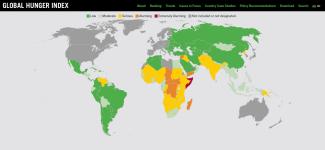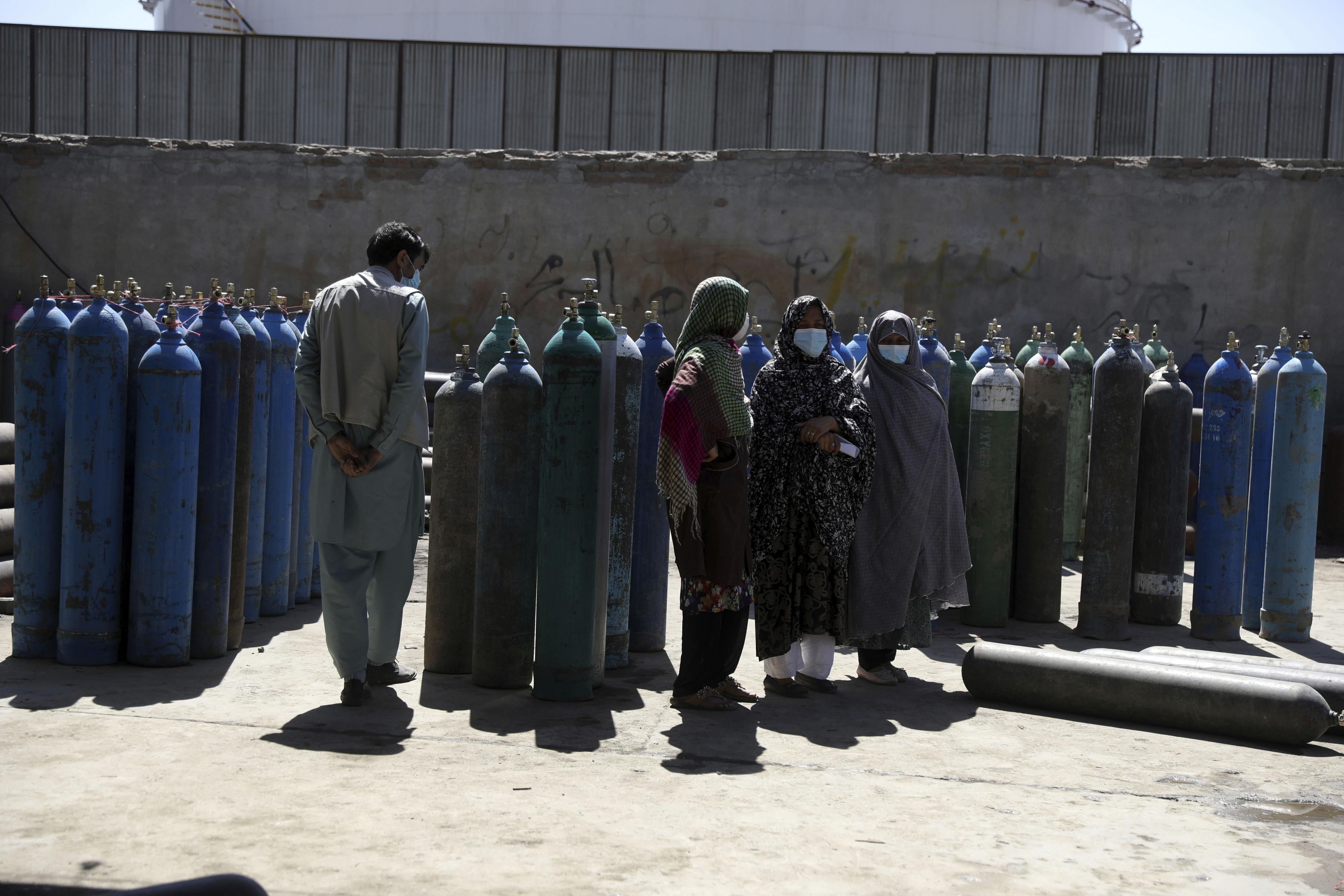Food insecurity
Food insecurity: alarming international trends

To judge by the current GHI projections, the world as a whole — and 47 countries in particular — will fail to achieve “zero hunger” by 2030. Achieving that is the second Sustainable Development Goal (SDG). For obvious reason, the GHI does not yet take account of the worrisome recent surge of food prices around the world.
The GHI authors emphasise that “three Cs” are driving hunger: conflict, climate change and Covid-19. The new report thus confirms alarming trends policymakers have been aware of for some time (see Gerd Müller on our D+C/E+Z platform).
The annual hunger and malnutrition report is prepared jointly by two international non-governmental organisations: Ireland-based Concern Worldwide and Germany-based Welthungerhilfe. Colleen Kelly of Concern’s US branch calls for “urgent action” to ensure the zero-hunger agenda is not derailed.
The primary driver of hunger is violent conflict. The GHI report states: “Conflict devastates food systems, drives up undernourishment and child mortality rates, destabilises agricultural production, prevents economic investment, and forcibly displaces entire communities.”
Changing patterns of rainfall, extreme weather events and water scarcity are exacerbating people’s competition for resources, however. They thus intensify tensions that may erupt in violence or exacerbate strife. The novel coronavirus, moreover, has worsened poverty by triggering recessions and overburdening already weak health-care systems.
Covid-19 impacts not fully evident yet
GHI data show, however, that food insecurity was getting worse even before the advent of Covid-19 two years ago. The report acknowledges that “the full effects of the Covid-19 pandemic” are not evident yet and are likely to show up in GHI data in coming years.
The current GHI was calculated with data for the years 2016 to 2020. The researchers used statistics from multilateral institutions (UN agencies and the World Bank) as well as various demographic and health surveys. For some countries, data are insufficient, so some rankings had to be estimated. They include South Sudan, Burundi and Zimbabwe, for example.
The GHI is a multidimensional index that shows the state of matters at the global, world-region and national levels. Four indicators serve to calculate the rankings:
- undernourishment,
- child wasting (the share of children under the age of five who have low weight for their height, reflecting acute undernutrition),
- child stunting (the share of children under the age of five who have low height for their age, reflecting chronic undernutrition) and
- child mortality (the mortality rate of children under the age of five).
Among the countries that could be assessed precisely, the GHI shows that the situation is worst in Somalia, where the authors see an “extremely alarming” level of hunger. Seven countries are in the “alarming” category: Syria, Yemen, Chad, Central African Republic, South Sudan, Democratic Republic of the Congo and Madagascar.
The report points out that hunger levels have worsened in ten countries that are in the categories “moderate”, “serious” and “alarming”: Central African Republic (alarming), Ecuador (moderate), Lesotho (serious), Madagascar (alarming), Malaysia (moderate), Oman (moderate), Republic of Congo (alarming), South Africa (moderate), Venezuela (serious) and Yemen (alarming).
Nonetheless, there is some good news too. Several countries have kept improving their GHI scores in recent years. Bangladesh, Gambia and Guatemala are among those that have dropped from the “serious” to the “moderate” category since 2012. The GHI 2021 is the 16th of the annual series.
Link
Global Hunger Index 2021: Hunger and food systems in conflict settings.
https://www.globalhungerindex.org/pdf/en/2021.pdf
Anup Dutta is a journalist who is based in the Indian city of Bhopal.
duttanup@gmail.com












